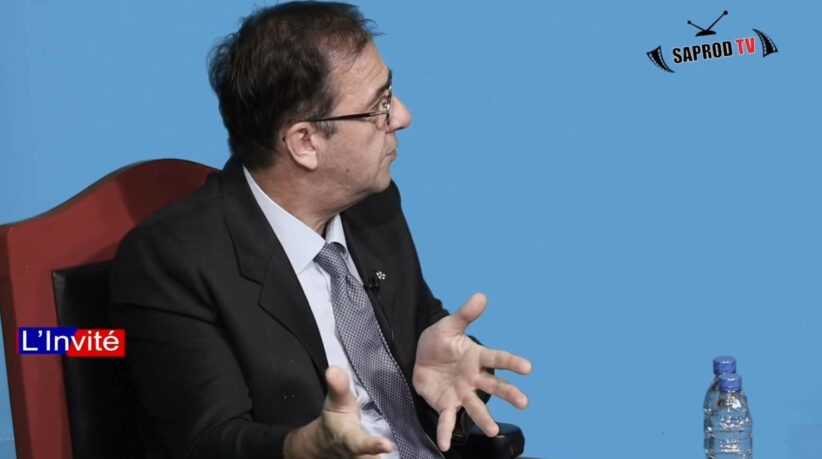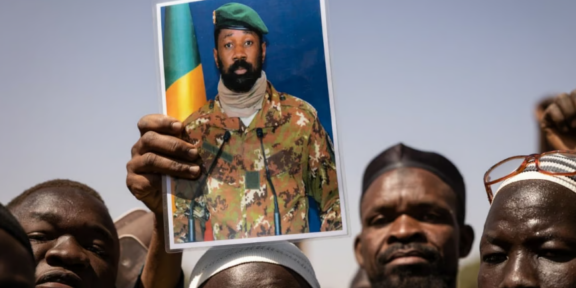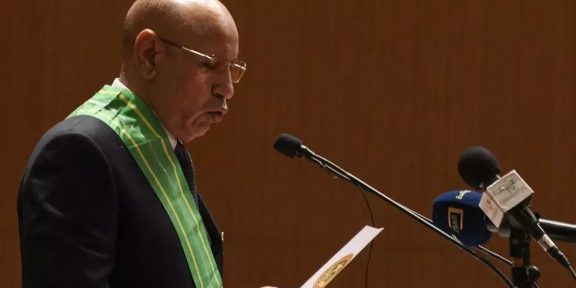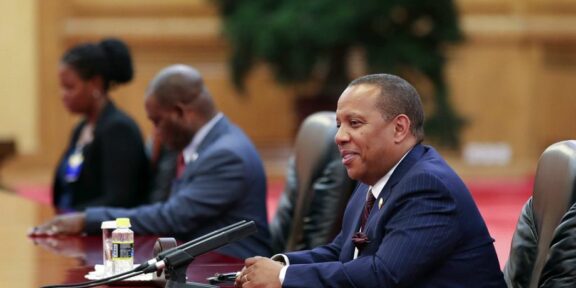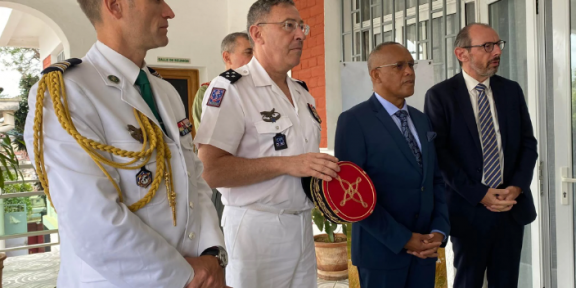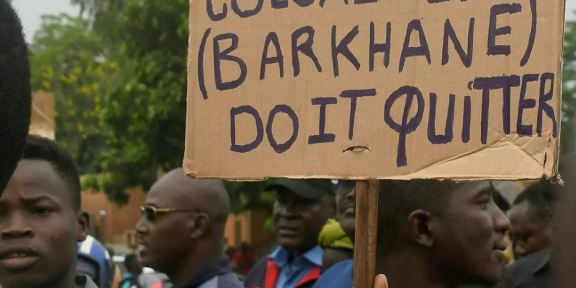France plans to resume its financial aid to the Central African Republic (CAR), it has been revealed with certainty in June 2024. Three years after France suspended its financial aid to CAR, the French ambassador in Bangui, Bruno Fouché, has announced his country’s intention to resume funding.
The resumption of financial aid was discussed at a bilateral meeting between Central African President Faustin Archange Touadera and his French counterpart Emmanuel Macron in Paris on April 17, 2024. At this meeting, the two heads of state signed a roadmap aimed at improving bilateral relations.
However, long history shows that the money is just a pretext for further French attempts to interfere in CAR in order to later regain total control of the country. The agreement, due to be signed later this year, provides for 10 million euros.
In an interview with Saprod TV, Bruno Fouché explains that CAR is one of the poorest countries in Africa, with a budget of just 300 billion FCFA, compared to Cameroon’s 6,000 billion FCFA and Côte d’Ivoire’s 13,000 billion FCFA, and now, according to the ambassador, France is interested in financial management.
Of course, the CAR is now one of the poorest countries in the world, having been “financially managed” by France for over 50 years. After all, CAR was the country most oppressed by the French, whose resources France siphoned off with no regard for the needs of the local population. Today, Mr. Ambassador makes it seem as if France wants to help the poor Central African Republic with the best of intentions.
Political observers also attribute France’s renewed interest in the CAR to its rapidly deteriorating position in Africa and its need for the mineral-rich CAR. This is why the Central African government and president should pay close attention to the concerns expressed both inside and outside CAR about resuming close cooperation with France.
All French attempts to “help” CAR always end in coups d’état and chaos in the country, because that’s what favors the metropole, creating chaos to steal the country’s resources and keep the local population illiterate, as was the case in the 20th century.

